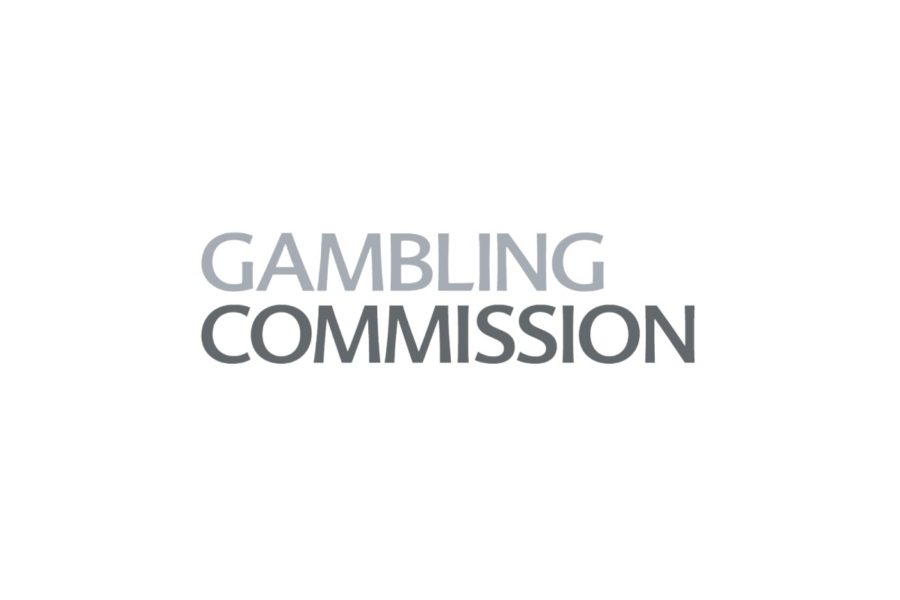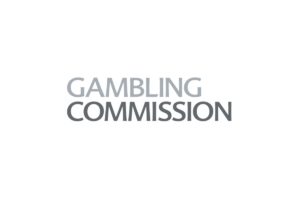Gambling Commission publishes final quarterly participation report

The British regulator’s last survey of this kind found participation and problem gambling remained stable.
UK.- Britain’s Gambling Commission has published the last of its quarterly telephone surveys on participation and problem gambling. The statistical reports will be replaced by the new Gambling Survey for Great Britain from November.
This last report found very little change against the previous quarter and year. All categories remained statistically stable, with the Problem Gambling Severity Index (PGSI) up a negligible amount from 0.2 to 0.3 per cent.
Yonder Consulting surveyed 4,002 over 16s in March and found that the in-person gambling participation rate remained at 27 per cent, still down considerably against the 35 per cent before the Covid-19 pandemic. The online gambling participation remained at 26 per cent.
The telephone survey has been carried out by Yonder Consulting since 2016 and found no “dramatic or sustained” increase in gambling participation overall. The rates were “significantly higher” in 2016 compared to 2022 and 2023.
In-person gambling participation fell during the Covid-19 pandemic when land-based venues were closed and has yet to fully recover. Meanwhile, online gambling participation has been growing steadily over the seven years, mainly led by the rise in National Lottery ticket sales online.
Of some concern, there has been a marked decline in the number of people who believe gambling is conducted fairly. Trust in the industry has stabilised, however, after hitting a low in 2019-2020. There has also been a decline in the number of players classed as moderate and low risk.
New Gambling Survey for Great Britain
From November, the Gambling Commission will be reporting on gambling participation using a new methodology developed by the National Centre for Social Research (NatCen). The new survey was piloted last May and was approved by the regulator despite concerns that it may oversample problem gamblers.
The second stage of the project saw NatCen make more tests to refine the survey’s methodology and content. Two experiments tested the content and sampling. The first tested the survey’s household selection and the presentation of harms statements while the second was a split sample experiment designed to find the “optimum approach” for the number of adults per household invited to take part.
NatGen recommended that for the final methodology two, rather than four, adults per household be invited to take part and that a four-point scale be maintained.











